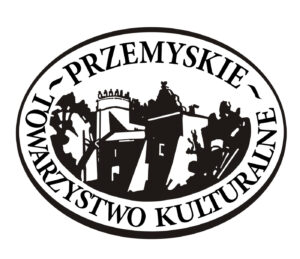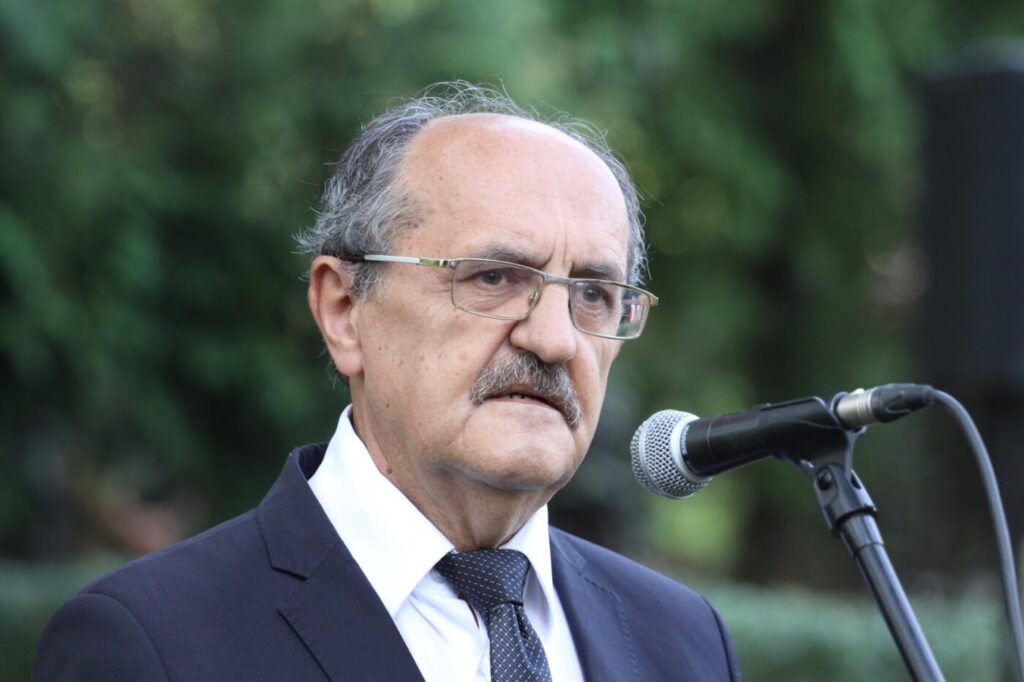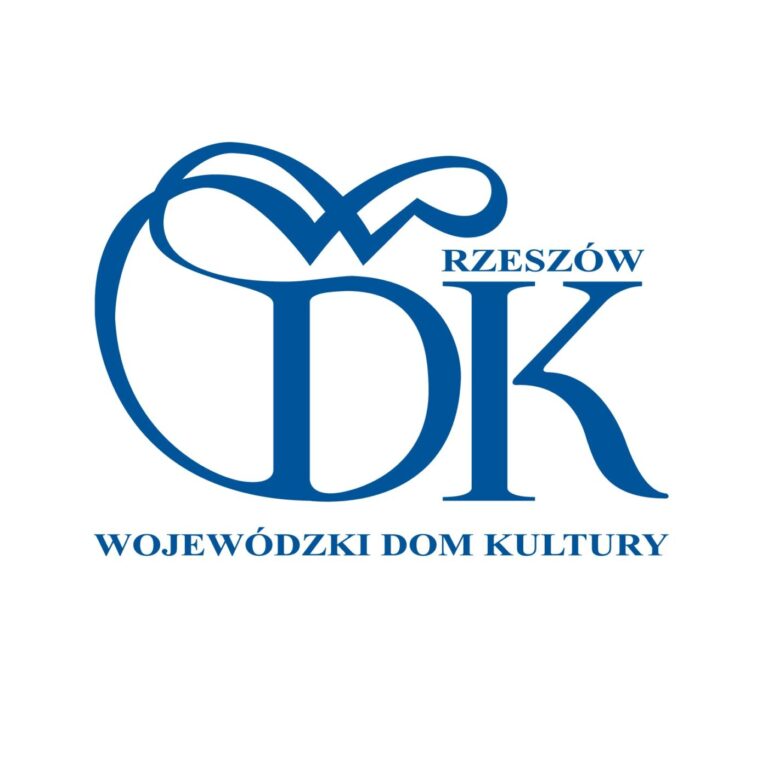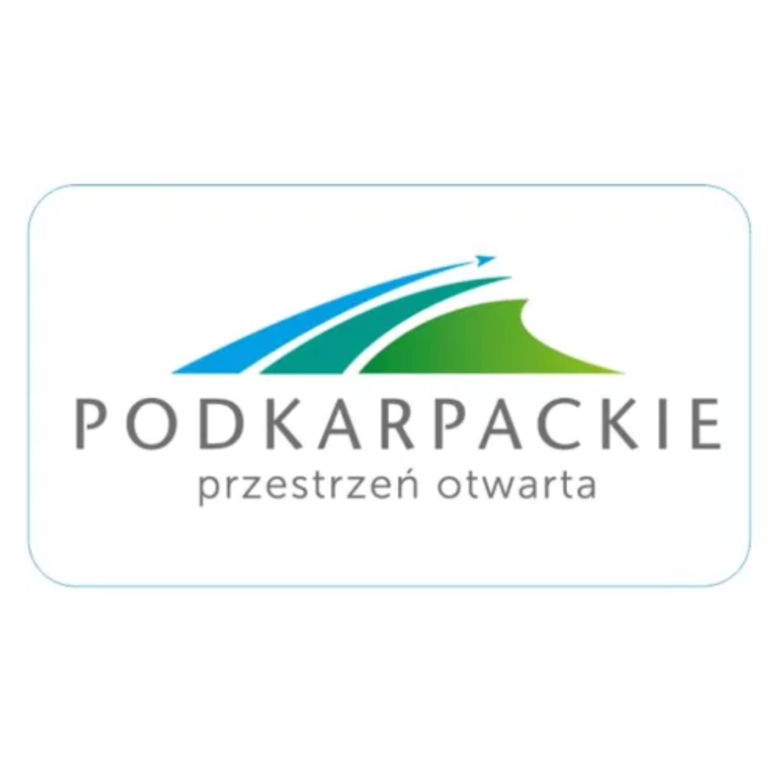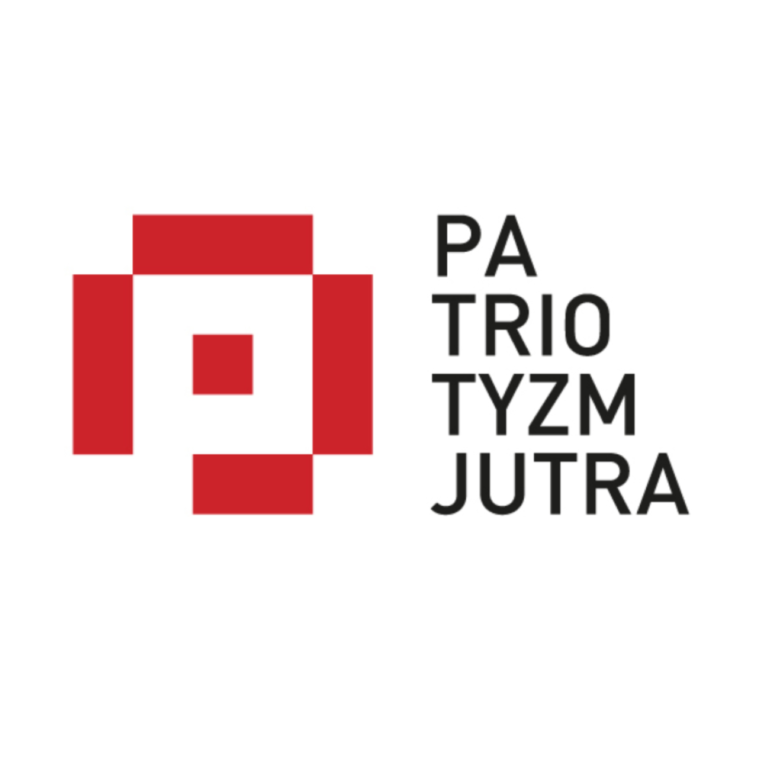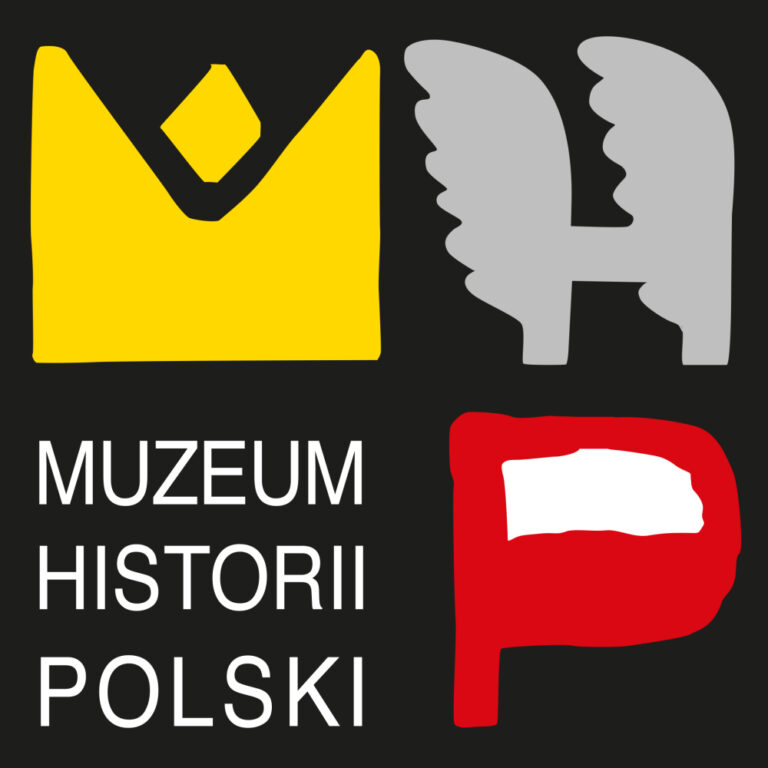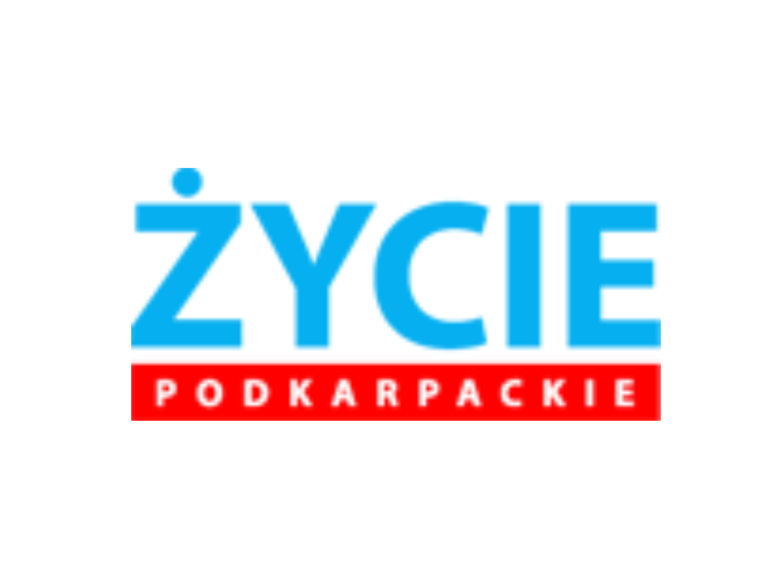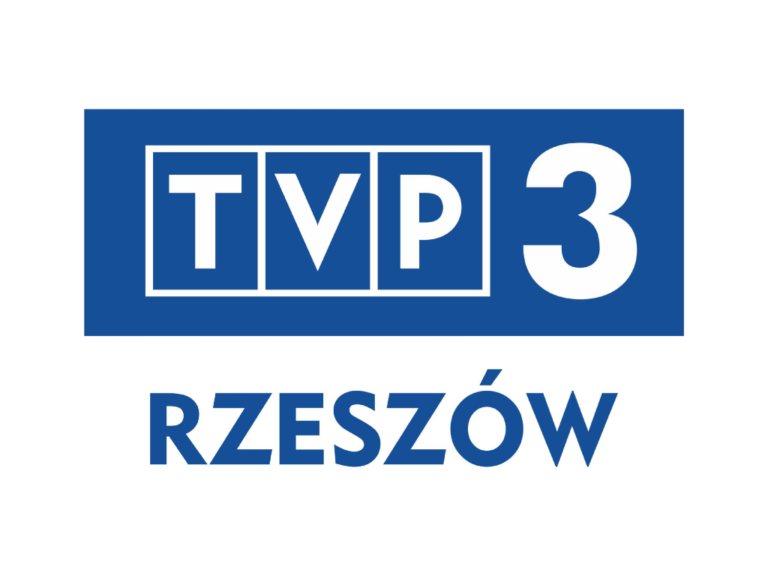My path to freedom and self-governance
MP Andrzej Matusiewicz
(A well-known Przemyśl attorney, chairman of the Przemyśl City Council in the 1990-1994 and 1994-1998 terms, then successively - vice-chairman of the Podkarpackie Voivodeship Assembly, chairman of the Assembly and for less than a term a councilor of the Assembly, and later a senator of the Republic of Poland, and currently a member of the Polish Parliament)
***
I defended persecuted activists
In 1985-1988, I used to attend such "underground" opposition meetings in Kmiecie at the home of Father Eugeniusz Dryniak, to which I was invited by Stanislaw Zolkiewicz. Earlier, at the Holy Trinity parish, with I gave free legal advice to people fired from their jobs for their Solidarity activities. I wrote lawsuits to the Territorial Labor Appeals Commissions, as there was no Labor Court at the time (they were not established until August 1985). In these commissions, a lawyer could not appear in the defense of an employee, while the defendant company had a legal counsel as an attorney. Such was the equality of rights then. Only when one appealed a decision of the Territorial Commission, the second instance was the Regional Labor and Insurance Court in Rzeszow, and there, at the hearing, a lawyer could already appear on behalf of the employee.
I know that thanks to the late parish priest Stanislaw Zarych, several Solidarity activists were hiding in the Benedictine nuns' monastery, for example, Waldek Mikolowicz, who was wanted by the SB, took refuge there several times, and I came there and gave him legal advice. In addition, in court political trials I defended, among others, Jan Ekiert, also Marek Kuchcinski. Marek was tried for possessing and distributing illegal publications and for protesting against the undemocratic elections to the City National Council. These materials, which were seized from him as illegal, included a volume of poetry by Julian Kornhauser, who is the father-in-law of current President Andrzej Duda. This was 1984 or 1985.
In addition, in misdemeanor cases before the college I have defended many times Krzysztof Szczurek, Robert Majka (today a State Court judge), student Zygala, surveying student Kopacz, among others. They were arrested for public speeches and protests that, according to their accusers, were supposed to cause "social unrest." Some of the cases were covered by an amnesty in 1985, but some served two or three months in prison each, like Marek Kuchcinski and Jan Ekiert. Marek Kaminski, who was defended by attorney Jan Hołysz, was in prison for printing illegal publications.
According to my understanding, the head and "brain" of the underground solidarity activity in Przemysl was Eng. Stanislaw Zolkevich. And although this leadership was not formalized, because no one appointed him to it, but everyone admits that he was the leader and he managed it all. He also sent to me such people who needed to be helped.
One of those sent to me and in need of legal assistance was Krzysztof Szczurek. He was selling pretzels and bagels in the square on the Gate, in a kind of display case on wheels, while wearing a Solidarity stamp pinned on his person. As a result, the College of Infractions fined him heavily "for using an illegal sign." And then he pasted this penalty ruling, signed by the College's chairman, Stanislaw Ożog, on the inside of the glass window of his glass display case on wheels. People read it and reacted by paying far more for pretzels than was due. Buying these pretzels from Szczurek became a sort of patriotic protest against the outlawing of Solidarity by the totalitarian authorities. Then the authorities accused him of illegally organizing a public fundraiser to pay a fine and slapped him with another, even higher fine. Well, and I wrote him many appeals against these unjust punishments, and sometimes in the second instance I went along with him to the trial and defended him there.
The authorities also discriminated against Zygmunt Majgier, who - after being expelled from the PSM for opposition activities - worked as a cab driver. He had a stop at what was then Dąbrowszczaków Square (today Legion Square), and with this cab, a Fiat 125 - side number 201, among other things, he selflessly delivered gifts to the families of internees. Of course, the secret police followed him and tried to make his life miserable in various ways, including through motions for punishment at the College of Misdemeanors, as well as fines. Once, when he was driving through a major intersection in Zurawica, officers in an old militia oxcart stopped him and fined him for allegedly speeding in a built-up area, supposedly detected on radar. Meanwhile, I knew from other court cases that these oxen did not have radars, so I questioned the legitimacy of the punishment. The prosecutor on the part of the militia did not believe that it was a Volga, but in the course of the evidence, all witnesses confirmed that it was a police car of that brand. In view of this, I requested that the College ask the Provincial Office of Internal Affairs (that is, the former provincial headquarters of the Civic Militia at 26 1 Maja St., now Dworski St.), which specially dispatched official certified truthfully that the Volga did not have radars installed. As a result, Zygmunt Majgier was acquitted. Incidentally, this did not happen until 6 pm, and since it was just Women's Day, so my wife and then my four daughters waited impatiently for me, and in the meantime I could not warn them about my late return, because at that time there were no cell phones. In addition, at that time I had no more chances to buy flowers. This is more or less what my selfless legal assistance to repressed activists looked like.
Civic Committee Solidarność
Finally, the year 1989 arrived. Somewhere in the early spring, I received an invitation to the first meeting of the "Solidarity" Civic Committee in "Orzechówka", opposite the cathedral, signed by the then interim head of the regional Solidarity, Marek Kamiński, and by the chairman of the regional Solidarity of Individual Farmers, Jan Karusia. And at that first meeting, the KO "S" was constituted, and its chairman was Eng. Stanislaw Zolkiewicz, who was sent to a meeting of the national KO "S" under Lech Walesa in Warsaw, in order to assign us a candidate from the KO "S" under Lech Walesa. I remember how Zolkevich came back from Warsaw beaming that he had managed to get the spokesman of the NSZZ "Solidarity" himself, Dr. Janusz Onyszkiewicz, who, in addition, had ties to Przemysl, because he grew up here on Raclawicka Street and here his father was a lawyer at the National Bank.
Later, as those first partially free elections approached, there were some disagreements between Zolkevich and Bortnik and some of the older activists. As a result, Zolkevich at a meeting, I remember it like today, said that he was resigning from the chairmanship. This could have been somewhere in late April, so he could have been chairman of KO "S" for two weeks at most.
In the first days of May, when these pre-election meetings began, the position of chairman of the KO "S" was certainly already held by Zbigniew Bortnik. There were already elected candidates for deputies: Onyszkiewicz and Trelka, and for senators: Musial and Ulma. I know that there was a dispute about Musial, because the farmers - Czubocha, Sliwinski and others - wanted Jan Karus to be the Senate candidate. I remember the many meetings between our candidates and voters, because I often traveled with them, too. I have photos from Lubaczow, where Jurek Czekalski led this meeting in the concathedral. We were also in Cieszanów, in Przeworsk, in Jarosław at the Dominicans, in Przemyśl on the square at the Holy Trinity Church.
Uneven pre-election competition
Despite the agreed and legal participation of our candidates in the June elections, the secret police made our activities difficult. When we traveled with the candidates to meetings with voters or as lawyers to train our members of the District Election Commissions, the militia followed us, stopping us on any pretext, just to delay our arrival at the agreed meeting time as much as possible.
In addition, our election posters were torn down and even falsehoods were spread to avoid voting for Janusz Onyszkiewicz, because he is a Ukrainian related to the UPA criminal Orest Onyszkiewicz. Akurat Marek Rząsa, who was the supposedly "non-partisan" candidate put forward by the communists on June 2, that is, just before the elections, brutally and deceitfully attacked Janusz Onyszkiewicz on "Teleexpress." We immediately sent a fax to TVP with a protest and a correction, but it was not read on TV until Tuesday, June 6, when the election results were already known.
The PZPR candidates had the overwhelming support of the provincial administration. The then director of the Przemyśl Post Office, Jerzy Kolodziej, pasted posters of the Communist Party-backed Senate candidates Mieczyslaw Nyczek and Andrzej Wojciechowski at every post office window. And every businessman, before making a payment or sending a letter, had to look at these candidates. So I went with Marek Kuchcinski to Director Kolodziej and pointed this out to him sharply and demanded that he remove these posters. After all, it was against the electoral law to advertise candidates running in public facilities. Director Kolodziej, however, did not remove these political ads. As it turned out, however, this did not help Nyczek and Wojciechowski at all, because the public was simply fed up with the communist government.
The atmosphere before the elections
At that time, on behalf of the provincial KO "S", I was vice-chairman of the Regional Election Commission, which conducted elections to the Sejm. And my colleague, the late attorney Jan Bajcar, was vice-chairman of the Provincial Election Commission, which conducted elections to the Senate. There were two more lawyers in the KO "S": attorney Jan Hołysz and legal counsel Boguslaw Slonimiak. And we set up an organizational and legal commission and conducted training of our candidates for members of the District Election Commissions (because we had at least three people on each commission).
So we traveled to these trainings all over the province, in all the municipalities. What was striking at the time was the atmosphere of patriotism and the commitment of the people who came to the KO "S" and made voluntary donations, took leaflets to distribute, and volunteered for training as shop stewards in elections.
I will tell you that when I was supposed to conduct a training course in Dynów, two serious engineers from the Polna Plant were so eager to help and drive me there in their car that they even argued among themselves about the right to do so. Of course, they wanted to do it for free, and gasoline was then quite expensive in relation to wages. It was touching, but at the same time it looked quite funny.
Extremely selfless and dedicated to the cause were also many KO "S" activists. For example, Zygmunt Majgier drove around all month in that cab of his, covered with election posters and photos of our candidates and the Solidarity flag.
Winning the election
The June 4 elections have arrived. First moments of uncertainty, then euphoria. We sat all night from June 4 to 5 in the meeting room of the later local assembly, on the second floor of the Provincial Office. And there, with reports from the PECs, our "shop stewards" arrived, all beaming - with tears of joy in their eyes. The very expression on their faces said it all: we won! This was our great success, and also a great surprise, because we did not expect such a decisive victory. Let me also say that the next day we quite triumphantly carried those voting results from the Przemysl Province to Warsaw, to the State Election Commission on Wiejska Street, near the Sejm (together with the second vice-chairman of the District Election Commission, Mikolaj Sawczak, reported by the Christian Social Association). Well, we were escorted all the way by two militia police cars, front and back, at a signal, so that we were there in three hours. We were pleasantly surprised.
We returned these results, reporting that the KO "S" in the Przemysl District won decisively. Prof. Andrzej Zoll was very happy, but immediately asked about the national list. I replied that this list had in principle been "cut", but that people, putting a big X on it, did not make it all the way to the end, as a result of which the Election Commission was forced to recognize that the name at the very end of the list (Zieliński Adam) had not been crossed off. Prof. Zoll noted that this was a typical method of careless deletion in the eastern and southern provinces, and it was only thanks to this that Adam Zielinski, then president of the Supreme Administrative Court, managed to enter the Sejm. On the other hand, in the central and western provinces, the national list was also carelessly crossed off, but by putting two big "Xs." And because they were not drawn to the very center, so this in turn accidentally got into the Sejm who was just in the middle of the list - Kozakiewicz Nikolai from the ZSL (elected Speaker of the Contract Sejm). He, by the way, not believing in success in the elections, left with his wife for a vacation in Sochi and had to be hurriedly brought to Warsaw.
Deputy governors
In the autumn of 1989, Stanislaw Zolkevich became deputy provincial governor, and was being groomed to be the governor of Przemysl, because that's when these exchanges began. He was the candidate of the KO "S", although it wasn't voted on, but very many people thought that he should be the deputy voivode and then the voivode.
After a few months, however, Jan Musial became governor, and Zolkevich resigned as deputy governor. I don't know what the issue was there. From what I remember, it was Marek Kaminski who pushed Jan Musial, his brother-in-law, for the post. At that time I had known both of them for 5 or 6 years, but I didn't know that they were brothers-in-law. Personally, I was against this choice, because I believed that the functions of senator and governor should not be combined, because it was either one or the other. It was not a good solution, however, I did not speak against Musial, because I knew him and appreciated him very much.
Later, Pawel Niemkiewicz from Jaroslaw became vice governor, and Jan Winiarz from Rokietnica became the second vice governor. I remember going with Marek Kaminski to Winiarz's house in Rokietnica to persuade him to become vice governor. He didn't want to, he refused, but the deciding factor was the attitude of his father, an activist of Solidarity of Individual Farmers, who told him: what do you mean, serious people are coming from Przemysl, Mr. Counselor and the chairman of Solidarity, and you're going to refuse when the Fatherland needs you! Well, and later it turned out that Jan Winiarz proved himself in this position. He was a good deputy governor: kind to people, he talked to everyone, listened to everyone and settled many matters.
Presidium of the Provincial Council and the Przemyśl KO "S"
As for me, I entered the informal Presidium of the Provincial Council of the "Solidarity" Civic Committee of the Przemyśl Province, which was formed after the elections. The chairman of this Presidium was the late Zbigniew Bortnik, the vice-chairman was the late Bronislaw Niemkiewicz and the late Włodzimierz Pisz. I was a member of the Presidium from Przemysl, from Lubaczow the formal member was the late Mieczyslaw Argasinski (in fact, either Jerzy Czekalski or Wieslaw Bek came for him), and the member from Przeworsk was Irena Lewandowska (married name Kozimala). Within the Presidium, we passed various resolutions. The Presidium supported the idea of continuing KO "S", whose new task was to prepare for local elections.
The Provincial Committee in Przemyśl still existed in the fall of 1989, but I pushed - together with Marek Kuchcinski - for the establishment of the Przemyśl KO "S," which Zbigniew Bortnik and Waldek Wiglusz opposed. We believed that it was already necessary to concentrate on building electoral programs for Przemysl, Jaroslaw, Przeworsk and Lubaczow, and for this the Municipal Civic Committees of the "S" could better serve.
I would add here that the Local Government Act was prepared (on a national scale) by the following people: Prof. Andrzej Stelmachowski (then Speaker of the Senate), Dr. Walerian Pańko (assistant to Prof. Stelmachowski, and within the Contract Sejm, chairman of the Committee on Local Government and Regional Policy), Prof. Jerzy Regulski (then chairman of the Senate Committee on Local Government, whose purpose was to draft the Local Government Act). The Senate passed the "Local Government Act" on January 19, 1990, after which it passed the Sejm, which adopted it on March 8, 1990, without any amendments. The second accompanying law passed by Parliament was the "Introductory Provisions to the Law on Local Government."
In 2002, direct elections of the mayor (mayor, president) of a municipality were introduced for the first time. This was a good amendment to the Local Government Law, because previously the mayor was held hostage by the Council and could be dismissed by it at any time. Now the procedure for dismissal of the mayor is implemented when the Municipal Council fails to adopt the draft budget prepared by the mayor.
Campaigning and local elections
From the beginning of 1990, local Solidarity Citizens' Committees were formed in our Przemysl province. The Przemysl KO "S" was established in December 1989. We met in a group of several people at the home of Marek Kuchcinski's parents (on Węgierska Street), where we formed the statute and designed the problem committees, their names, personal composition and thematic scope. Later these problem committees met, worked out detailed programs, and altogether our election program for Przemysl was created. At that time, we also organized the formation of Settlement KOs of the "S" at individual parishes (in the Holy Trinity parish I actually organized one). From these neighborhood Committees we won many councilors in local elections.
In the local government election campaign, I was convinced that the best strategy was to talk directly to the voter. So I went from house to house, and door to door in blocks, gave residents my program leaflets, talked, and shook hands. In my constituency I went around many houses and all blocks of flats: "Monte Cassino", January 22, Krasinski, Borelowski.
In those first local elections, on May 27, 1990, our Przemysl KO "S" team won decisively. I received 1,600 votes, which was an absolute Przemysl record at the time. The second result was obtained by the late Dr. Wieslaw Gąska, with 1300 votes, and the third result was obtained by the pharmacist late Tadeusz Bałdowski, with just over 1000 votes.
First City Council of Przemyśl
At that time I became chairman of the Przemyśl City Council. Admittedly, I am not a native of Przemysl, coming from Krosno, and I settled in Przemysl in 1976, but I was already somewhat well-known in church circles, as I had been active in the Parish Council at Holy Trinity Church since 1985 and worked closely with Rev. Stanislaw Zarych, the parish priest. In addition, I selflessly gave legal advice to persecuted people, I was also active in the District Football Association, and my wife was a teacher at school No. 14. I remember that my father (a former Home Army soldier) urged me at the time to run for mayor of Przemyśl. However, I did not apply, because at that time the mayor was elected by the Council, so he was held hostage by the Council and his powers were small. Mieczyslaw Napolski became the mayor of the city - he was the president of the Catholic Intelligentsia Club in Przemyśl and the non-partisan technical director of the Przemyśl PKS.
As for your impressions of chairing this first Przemyśl City Council, there was perhaps a bit of amateurism at first. None of us had any experience, and we were all somewhat learning this new activity, but we quickly became proficient. As for me, I was helped on the one hand by my public speaking skills, acquired during my practice as a lawyer in the courtroom and in various associations, and on the other hand by a good knowledge of the law.
Limited powers of the local government
As for the Local Government Law itself, there were beautiful provisions in it - what are the municipalities' own tasks: health care, education, roads, sports, infrastructure. But while the local elections were held on May 27, 1990, earlier, on May 18 of that year, the Contract Parliament passed the so-called "competence law. Just after the elections, before the first session of the city council, I read this competency law and was fully aware of our competency limitations.
Among other former doctors on the Council were the late Wieslaw Gąska, the late Jerzy Stabiszewski, Stanisława Iwaszkiewicz, the late Kazimierz Pella, Ryszard Paczkowski, pharmacist the late Tadeusz Bałdowski and veterinarian the late Stanislaw Rossowski. They wanted to establish a Health Committee of the City Council. Knowing the contents of the Local Government Law, I told them: -Ladies, you guys can set up this Commission, but you won't have much to do. This is because all health care tasks are the responsibility of the governor, and the municipal government can only give its opinion on the opening of private pharmacies (which, by the way, did not yet exist at the time).
The same was true in other Commissions. As for public roads, the entire transportation hub of Przemyśl - 16 "national" and 87 "provincial" roads - was not subject to us. These roads were managed by the Provincial Directorate of Municipal Roads, which was subordinate to the governor (the director was the late Leszek Zając, who, by the way, was the first vice-president of the city council, i.e. my deputy). And this Provincial Directorate carried out road investments in such a way that it had only one contractor (the City Roads Construction District, where the director was another councilman - the late Jerzy Lelek), because there was no market for contractors yet. People would come to us with complaints that the sidewalks were bad, that there were potholes in the roads - what I listened to these complaints, and we couldn't do anything, because it wasn't the city's responsibility. And this was the case in the first two terms, from 1990 to 1998.
Similarly, in the field of education, where only nurseries and kindergartens were under the jurisdiction of the city. It was not until January 1, 1994 that municipalities were allowed to take over elementary school, and from January 1, 1996 they already had to take them over. In the Przemyśl province, only the Przemyśl municipality and the Dubiecko municipality took over elementary school as early as 1994, understanding that the sooner the better.
Not everyone in Przemyśl understood this, and we had many protests at the time, especially from the Polish Teachers' Union and elementary school principals, most of whom were still of Communist descent, who thought we wanted to take the schools away from them as soon as possible, even though they could still hold those positions for two more years. Nonetheless, we quickly took over the schools and indeed removed some of the principals, appointing in their place teachers already thinking differently: Tadeusz Sawicki became director at SP No. 14, Andrzej Zapalowski became director at SP No. 16 in Kmieciach, Andrzej Bar became director at SP No. 15, and there were also changes at the school in Kazanow and other schools.
Difficult beginnings
The most difficult was the first year of the new city government, when we had very few of these powers and had to implement the budget passed while the City Council was still in power.
We found many unfinished investments, such as a residential block on Janka Krasickiego Street (today - Hoffmanowa), an unfinished kindergarten on Leszczynski Street, an indoor swimming pool in mid-completion, despite having been under construction for five years. We took over the city with huge needs for infrastructure development. For example, building permits were issued for the Tatar settlement, and the city could not provide utilities there (gas, electricity, water and sewer), although it had a statutory obligation to do so. We had to replenish these backlogs from the previous system for a couple of terms, and really a lot of money went into it (we started with Franciszkańska Street).
Monuments, street names and honorary citizens
In addition, we got rid of communist symbols: monuments and street names. As early as July 1990, we demolished the Red Army Gratitude Monument in Fish Square. In 1991, we dismantled the Swierczewski monument. Thanks to the initiative of the late Councilman Wladyslaw Trojanowski, even then (in 1990) the square between Jagiellońska and Sportowa Streets was named Rotmistrz Witold Pilecki Square. We also dismantled the monument to Nechayev, erected by the Communists near the railroad bridge (defender of the USSR against the Germans in June 1941), and the road bridges were renamed Orląt Przemyski and Ryszard Siwiec.
We also restored the pre-war street names. However, it must be acknowledged here that this was still enacted by the Municipal National Council. They had already felt the political changes, and before the local elections, on April 27, 1990, at one of their last sessions, they passed a resolution to restore historical names as of July 1, 1990 (including Wybrzeże Manifestu Lipcowego to Wybrzeże Piłsudskiego, Galiński to Wybrzeże Piłsudskiego, Waryński to Barska, Hanka Sawicka to St. Joseph, Marian Buczek to Fr. Piotr Skargi, etc.).
After the local elections, there was a provision that the new municipal councils had the right to repeal the resolutions of the previous Municipal National Councils within the scope of their competence, but we, of course, did not repeal this resolution of the MRN, but only extended it further (among other things, Przemysława Street to Sybiraków Street, from part of Sportowa Street to Jozef Kaluga Street (my request, because he was a native of Przemysl, an outstanding football player from the pre-war Polish national team, and also had a beautiful card of independence during World War II).
We also bestowed titles of Honorary Citizens of the City of Przemysl, first (in July 1990) to Zbigniew Brzezinski, then to Bishop Ignacy Tokarczuk and the last pre-war mayor of Przemysl, centenarian Leonard Chrzanowski, among others.
Przemysl Eaglets Memorial Association
I will mention here that at the end of 1988 I participated in the founding, and in January 1989 in the registration of the Przemysl Eaglets Memorial Association. In the Founding Committee, in addition to Stanislaw Zolkiewicz and myself, there were also: Henryk Jaskóła (the famous sailor), the late Włodzimierz Pisz and a young history teacher Jan Jarosz (I invited him to join the Committee, because I knew that he was telling the children in Primary School No. 14 such patriotic themes from Polish history, which were not in the communist textbooks). At that time, the provincial office was still registering the associations, but the director of the Department of Internal Affairs, Dmitrzak, who was of Ukrainian descent, objected to the registration. He gave a negative opinion of our application, because, as he told Voivod Wojciechowski in the presence of myself and Zolkevich, "the goals of this statute will offend the feelings of the Ukrainian brothers." And I said: "Mr. Director, if you know the history of Przemyśl, before the war there were more than 12,000 Ukrainians living in the 70,000-strong city of Przemyśl, and when the social committee erected this monument in 1938 on Constitution Square, somehow it did not offend the feelings of Ukrainians." Thanks to the position of the provincial governor, we managed to register it (here I must say that in this matter I have a very positive opinion of Governor Wojciechowski, who supported us, even though this was before the round table). A year later we began construction of the monument, and in 1994 our goal was fully achieved.
26 years of independence
As for assessing the past 26 years, I believe that more could always have been done. As a nation, we made some mistakes - both at the "top" and at the "bottom."
The biggest such mistake was the failure to carry out decommunization and vetting. The Olszewski government tried to carry it out, but Lech Walesa blocked the implementation of the vetting law by arranging the fall of the government. Meanwhile, the Czechs carried it out, imposing a 10-year ban on former communist officials and agents from holding public office. If the Polish public had supported this idea, there would have been no change of the Olszewski government in 1992. Nor would there have been those "twists and turns" in Polish politics of those 26 years. However, in the field of local government, we really did a lot of good, although we introduced it gradually, as the city council's powers and financial resources increased. Surely you remember what Przemyśl looked like in 1989, and what it looks like today.
The interview was conducted and authored by Jacek Borzecki
